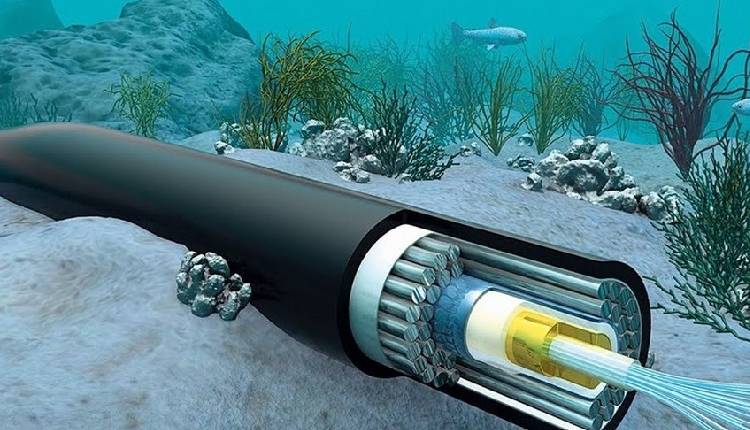The Black Sea Energy project, which aims to lay a submarine cable to supply green energy to Europe, has been found promising and feasible by an international study, according to the Georgian Economy Ministry.
“The Black Sea submarine cable project is promising and feasible from both a technical and economic standpoint, according to the study, prepared by the Italian consulting company CESI and commissioned by the Georgian State Electrosystem with support from the World Bank and the Georgian Economy and Sustainable Development Ministry,” the ministry said in a statement.
The study includes optimal cable specifications, construction cost estimates, and an economic analysis. It also outlines a preliminary route for both land and sea sections of the cable and a plan for implementation, procurement, and required studies.
The Black Sea Energy project, which began its feasibility study in 2022, is set to include environmental and social impact assessments and seabed studies from 2025 to 2026.
Grid operators from Azerbaijan, Romania, Georgia, and Hungary signed a memorandum to form a joint venture for the project in late May. The project will involve laying a 1,195 km undersea cable with a capacity of 1 GW, delivering “green” electricity from Azerbaijan through Georgia, across the Black Sea to Romania, and then to Hungary and other European nations.
Bulgaria will also join the project, with construction expected to take three to four years. The European Commission plans to contribute €2.3 billion to the initiative.
Attribution: Interfax
Subediting: M. S. Salama


